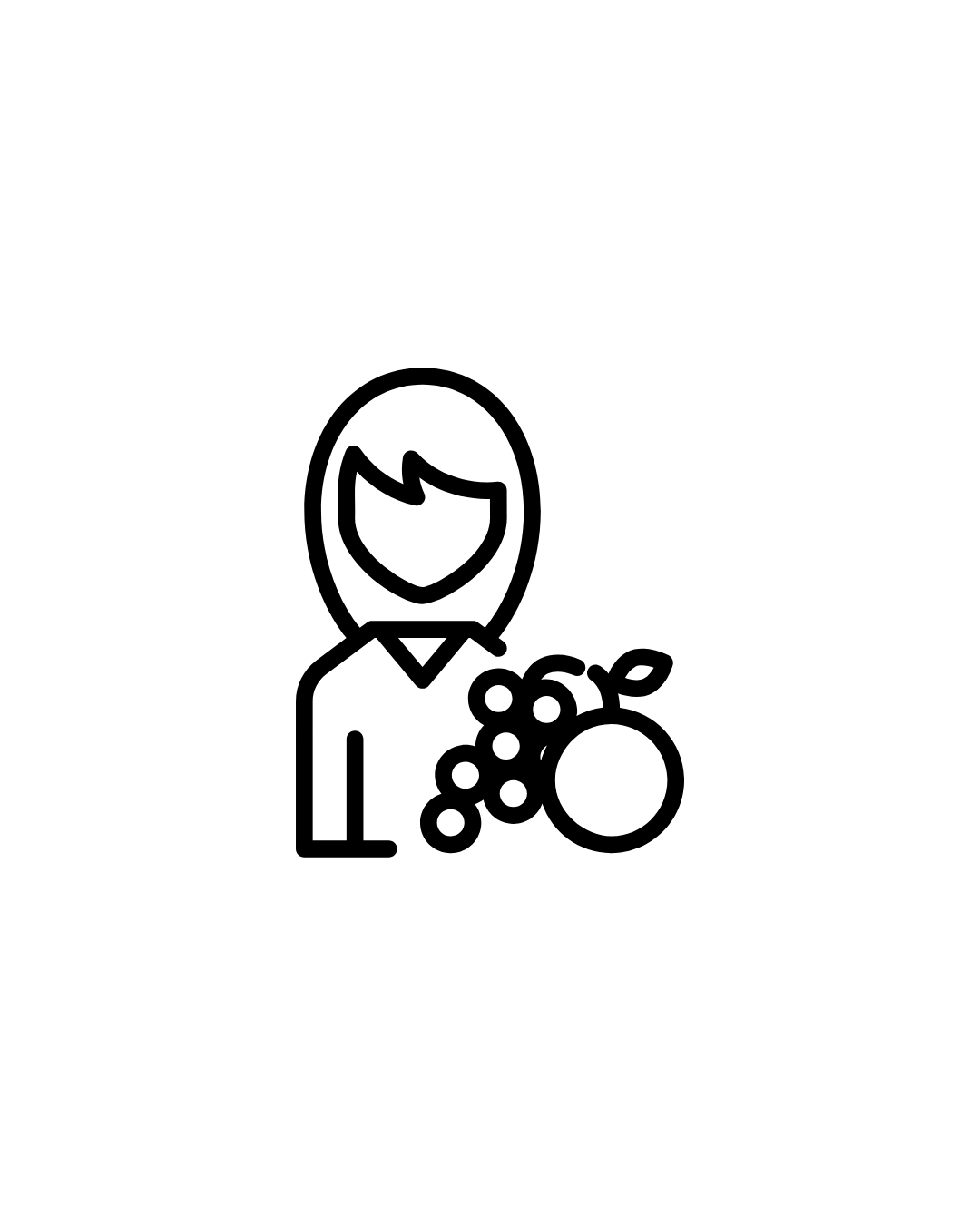Description
An Advanced Diploma in Nutrition and Dietetics is designed for individuals aspiring to become dietary professionals or nutritionists. This program provides students with in-depth knowledge of nutrition science, diet planning, and the role of nutrition in health and disease management. Graduates are prepared to guide individuals and communities towards better health through informed dietary choices.
Course Details:
Duration: Typically 1 to 2 years, depending on the institution and program structure.
Eligibility: Candidates usually need to have completed higher secondary education (12th grade) or a related field in health sciences.
Mode of Study: Offered in full-time or part-time formats, with a blend of theoretical instruction, practical training, and field experience.
Curriculum:
The curriculum for an Advanced Diploma in Nutrition and Dietetics generally includes the following key areas:
1. Foundations of Nutrition
Basic Nutritional Science:
Understanding macronutrients (carbohydrates, proteins, fats) and micronutrients (vitamins and minerals).
Nutrition Across the Life Cycle:
Exploring nutritional needs from infancy through old age.
2. Human Anatomy and Physiology
Understanding Body Systems:
Basic knowledge of human body systems and how they relate to digestion, absorption, and metabolism of nutrients.
Impact of Nutrition on Health:
The relationship between nutrition and various bodily functions and health outcomes.
3. Dietary Assessment Techniques
Nutritional Assessment Methods:
Techniques for evaluating dietary intake, body composition, and nutritional status.
Utilizing Assessment Tools:
Practical use of tools like food diaries, interviews, and anthropometric measurements.
4. Meal Planning and Menu Development
Creating Balanced Meal Plans:
Skills for developing nutrition plans tailored to individual needs, considering health conditions and dietary restrictions.
Culinary Skills for Dietetics:
Basic cooking techniques and food preparation skills to help implement dietary advice.
5. Nutritional Therapy for Health Conditions
Understanding Diet-Related Diseases:
Studying the impact of nutrition on chronic diseases such as diabetes, hypertension, and obesity.
Therapeutic Diets:
Designing specific dietary plans for managing health conditions and improving health outcomes.
6. Public Health Nutrition
Community Nutrition Programs:
Learning about community health assessments and program planning to promote nutrition at a population level.
Understanding Food Security:
Exploring issues related to food access, nutrition education, and public health policy.
7. Behavioral Nutrition
Nutrition Education and Counseling:
Techniques for educating clients on healthy eating habits and behavior change strategies.
Psychology of Eating:
Understanding the psychological factors that influence nutritional choices and eating behaviors.
8. Food Safety and Technology
Principles of Food Safety:
Understanding food safety regulations, hygiene, and preparation methods.
Food Labels and Technology:
Learning to read and interpret nutritional labels and understanding food processing technologies.
9. Research Methods in Nutrition
Conducting Nutritional Research:
Introduction to research methodologies used in nutrition and dietetics.
Evaluating Research Studies:
Skills to critically analyze and apply research findings to clinical practice.
10. Practical Training and Field Experience
Internships or Practicums:
Hands-on experience in clinical settings, community organizations, or food service operations, applying theoretical knowledge to real-world scenarios.
Capstone Project:
A final project that may involve research, a nutrition program proposal, or a comprehensive dietary plan.
Assessment:
Assessment methods in this program may include:
Practical Assessments:
Evaluation of practical skills demonstrated during internships or simulations in dietary settings.
Written Assignments:
Research papers or case studies focusing on nutrition topics or dietary interventions.
Oral Presentations:
Presentations on nutritional theories, programs, or individual dietary plans.
Career Opportunities:
Graduates of the Advanced Diploma in Nutrition and Dietetics can pursue various career paths, including:
Nutritionist: Working in private practice or hospitals to provide dietary advice and counseling to clients.
Dietetic Technician: Assisting registered dietitians in clinical settings and community nutrition programs.
Public Health Nutritionist: Engaging in community outreach and education to promote healthy eating habits.
Food Service Manager: Overseeing meal planning and preparation in institutions such as schools, hospitals, or nursing homes.
Corporate Wellness Consultant: Implementing nutrition programs in corporate settings to improve employee health and productivity.
This advanced diploma program is ideal for individuals passionate about nutrition and helping others achieve a healthier lifestyle. It offers the necessary skills and knowledge to make a significant impact in client care and community health through nutrition. If you have any further questions or need more information, feel free to ask!









